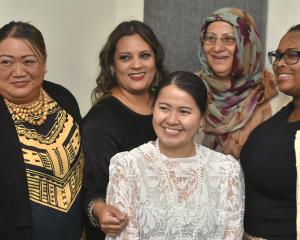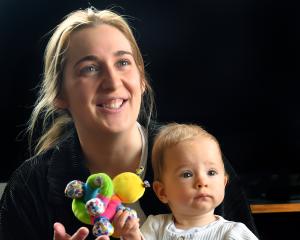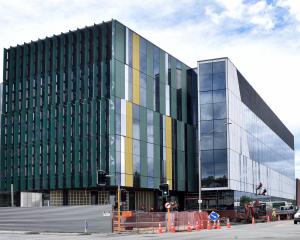
Dr Rakasz, a registered general medical doctor, wanted to work at Dunedin Hospital as a neurosurgeon, but despite references from several British neurosurgeons as to the quality of his work in that field in that country, the medical council initially declined his application to practise here.
After he questioned its decision, the council rescinded its initial ruling and offered to convene an entirely new panel to reassess his application, but Dr Rakasz instead opted to appeal the council’s finding in court.
Dr Rakasz, who trained in his native Hungary and the United Kingdom, left New Zealand in March, leaving his family in Dunedin, to take up a temporary position in Britain.
He has now returned to the South, ahead of the Court of Appeal hearing his case in Wellington next week.
"I am back, and ready to help out Otago neurosurgery," Dr Rakasz said.
"I hope I will be able to help people here soon."
While in England, Dr Rakasz worked for the National Health Service at University Hospitals Coventry and Warwickshire as a consultant, and also taught trainee doctors in neurosurgery, trauma and orthopaedics.
"He is registered with the General Medical Council without restrictions," consultant spinal surgeon Robert Sneath and group manager Alastair Nutting wrote in a reference for Dr Rakasz.
"His level of knowledge, clinical and operating skills are appropriate for consultant level anywhere in the world ... I believe his clinical skills would be suited to New Zealand health care."
Dr Rakasz said his six-month stint in England had been hard work, and that the pandemic was still challenging that country’s health system.
"It is overwhelming to see how much backlog Covid generated within the health-care system," he said.
"Some patients could not see a doctor since pre-Covid."
The Dunedin neurosurgery service is meant to have three surgeons but never has: for several years it has had only one surgeon, Ahmad Taha.
Dr Rakasz had applied for one of those surgical roles and had been backed by several prominent surgeons, including the president of the British Neurological Society.
In March, then Southern District Health Board chief executive Chris Fleming said an appointment had been made to fill the vacant Otago and Southland Chair in Neurosurgery, a full-time position split 50:50 between clinical and research work at the University of Otago.
That surgeon, whose details are yet to be made public, is expected to assume the role next year should their application to practise in New Zealand be approved.












